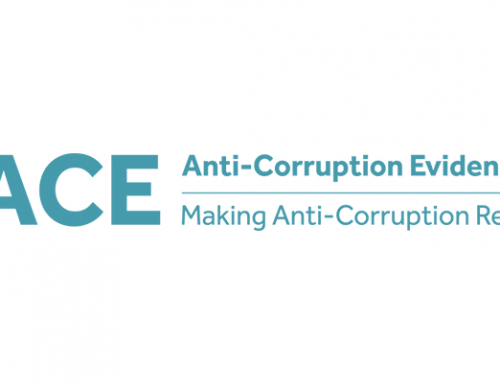Research partners:
- London School of Health and Tropical Medicine (lead institution)
- School of Public Health, Makere University
- Copenhagen University
Principal investigator: Dr Eleanor Hutchinson, LSHTM
Summary
This exploratory project draws on the previous quantitative and qualitative research (by this research team) with “Class C drug shop vendors” (CCDSVs) – retail outlets which are licensed to sell over the counter medicines, including malaria treatment and sometimes antibiotics – in urban slums in Kampala and in Mukono District, Uganda. It seeks to develop the first bottom-up approach to tackling rule violations among these actors by identifying the incentives that could change practice among some of these actors at the heart of the research, to improve the quality of drug shop service provision and improve health outcomes.
Why drug vendors?
In Uganda, approximately 60% of sick adults and children receive care from “Class C drug shops”. While these shops undoubtedly provide a service to their local communities, allowing people in both rural and urban areas to access medicines, service provision is often substandard, with sellers committing violations including operating without a license, selling poor quality products, selling medicines illegally or in incorrect doses and failing to refer patients for further care. These rule violations have devastating consequences for individuals and severe costs for society, increasing the likelihood of high expenditure on health services that may not improve outcomes, and driving antimicrobial resistance that increases the costs of medicines and threatens to render many classes of antibiotics ineffective. Despite this, drug sellers’ position as the first point of contact with the health system for many people means that they are likely to be key in ensuring the global Sustainable Development Goals for health are met.
The research project
Previous research has indicated that poor practice among Ugandan drug-sellers has four drivers: high demand for pharmaceutical care, and the need to adapt the amount of drugs sold to the means of the customer, refusal to refer patients on (thus admitting that some problems are beyond the means of their care), the incentive to make as many sales as possible to maintain profitability, and lack of capacity among district and national authorities to regulate the market. However, mechanisms do exist to regulate drug-sellers. In addition, the drug-seller market is highly mixed, with some sellers having far higher training, ability and capacity to follow regulation, provided the right incentives are applied.
The research hypothesis posits that if existing regulations can be used to curtail drug sellers who do not have the capacity to provide quality, rule-abiding services, then the market will shift to make it possible for those sellers who do have the capacity to be rule-abiding actors to make a profit. With a smaller market, regulators will be able to focus on maintaining quality among fewer sellers. This exploratory study will draw on mixed methods, including ethnographic methods (observations and informal conversations), a series of in-depth qualitative interviews with drug shop vendors, key informal interviews with local and national stakeholders and an economic survey among drug shop vendors to ascertain the current medicines market, focused on one district in Uganda.
This research project is one of nine projects from our grants scheme that aim to tackle corruption in the private sector. Read about the others here.


